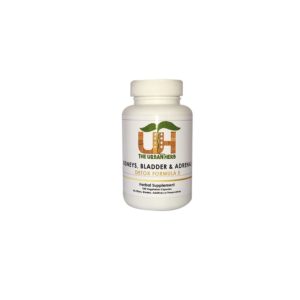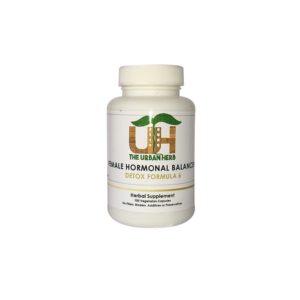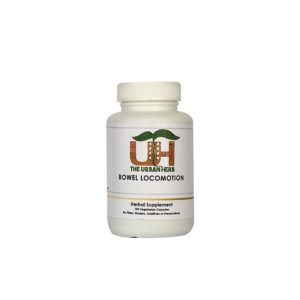Description
Vitamin D
Overview:
Vitamin D is a family of fat soluble compounds labeled vitamins D1, D2 and D3. However, what makes vitamin D unique from other essential nutrients is the fact that the body can produce it after being exposed to sunlight. It can also be obtained from a proper diet. The production of vitamin D by the body can be blocked by several factors such as skin pigment or substances that block the sun’s ultraviolet rays. Therefore, the darker the skin , the less readily vitamin D is formed. Other factors that inhibit production are smog, fog, smoke, clothing, sun screen lotions and hats. In addition, as a person ages their ability to manufacture vitamin D decreases. As a result longer exposure to sunlight and a greater dependency to dietary sources is required to meet daily needs.
When relying on the diet as a primary or secondary source it is important to comprehend that vitamin D is a fat-soluble nutrient. All fat-soluble vitamins require at least a small of fat in the diet for optimal absorption. Any intestinal disorder that alters fat absorption will also impact vitamin D absorption. Vitamin D regardless of the method it was inquired are not readily excreted and are stored in the liver, skin, brain, bones and other tissues.
Primary Function:
Bones and Teeth: The primary function of vitamin D is to regulate the absorption and use of calcium and phosphorus. This is for the normal formation of bones and teeth. It also stimulates specialized cells in the intestines to absorb calcium and phosphorus. Vitamins D also prevents excessive urinary loss of calcium and phosphorus. Maintains normal blood levels of calcium and calcium and phosphorus to support mineralization of the bones and teeth.
Other Functions:
Cancer: Might aid in the prevention and healing from cancer by altering the growth rate of the cellular malfunction.
Hearing: Aids in the maintenance of all bones, including the small bones in the ear.
Immunity: Could assist with the regulation of normal immune system response, thus enhancing the defense of the body against infections and disease.
Insulin Secretion: Assists in the normal production and secretion of the hormone insulin from the pancreas.
Nerves and Muscles: Aids in the maintenance of a healthy nerve and muscle system by regulating the level of calcium in the blood. Calcium is necessary for normal nerve transmission and muscle contraction including the heartbeat.
Skin: Prevents, or at least reduces the severity of some inflammatory skin conditions such as psoriasis.
Deficiency:
Prolonged deficiency of Vitamin D can lead to changes in the bones of both of all ages and possible hearing loss with aging.
Hearing Loss: Slow, progressive hearing loss may be caused by an inadequate intake of vitamin D. This might cause the small, snail-shaped bone in the inner ear called the cochlea, to become porous. The cochlea would then be unable to transmit messages to the nerves that lead to the brain and hearing loss could result.
Osteoporosis: Low levels of vitamin D increase the risk of osteoporosis by reducing bone mass and density. Supplementation with a plant based source of vitamin D and calcium is advised. This will reduce the rate of bone loss and the incidence of bone fractures associated with osteoporosis. In addition, a gene regulating vitamin D receptors on cell membranes might influence bone density and result in a genetic predisposition for osteoporosis.
Cross Nutrient Interaction:
Vitamin D is important for the absorption of calcium and phosphorus and for depositing these minerals into the bones.
Cadmium can block the production of vitamin D.
Fat must provide approximately 10% of total dietary calories for adequate absorption of vitamin D.
Pantothenic Acid is required for the synthesis of vitamin D.
FUNCTION: Vitamin D is necessary for the absorption and utilization of calcium and for the normal growth and development of teeth and bones. An added benefit is that it helps with the prevention of osteoporosis.
Ingredients: Alfalfa, Mullein Leaf, Red Raspberry Leaf, Eyebright, Fenugreek Seed, Oat Straw, Thyme, Rose Hip Seed, Sarsaparilla, Horsetail and
Nettle





Reviews
There are no reviews yet.